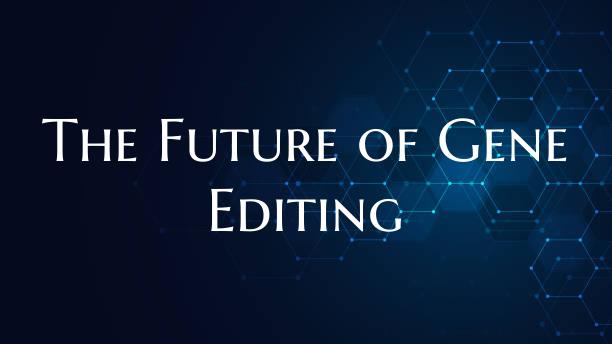
The Future of Gene Editing
Gene editing, once a realm of science fiction, is now a powerful reality that has the potential to revolutionize healthcare, agriculture, and numerous other fields. As advancements in gene editing technologies such as CRISPR-Cas9 continue to accelerate, the future of gene editing appears increasingly promising and full of potential.
One of the most significant impacts of gene editing is in the field of medicine. Scientists are now able to target and modify specific genes responsible for genetic disorders, offering hope for treating previously incurable conditions. This precision medicine approach has already shown remarkable success in clinical trials, raising hopes for a future where genetic diseases could be effectively eliminated.
In addition to human health, gene editing has the potential to transform agriculture and food production. By creating crops that are more resilient to diseases, pests, and environmental stresses, gene editing can help secure food sources for a growing global population. Furthermore, the ability to enhance nutritional content and flavor profiles of crops could offer solutions to malnutrition and food insecurity.
The future of gene editing also raises important ethical questions and considerations. As this technology becomes more accessible, it is essential to have clear guidelines and regulations in place to ensure responsible and ethical use. Discussions around equity, consent, and the potential for designer babies challenge society to navigate this transformative technology with care and consideration.
Looking ahead, the future of gene editing holds immense promise but also requires thoughtful reflection and responsible stewardship. With continued innovation, collaboration, and ethical oversight, gene editing has the potential to reshape the world in positive and impactful ways, offering solutions to some of the most pressing challenges facing humanity.